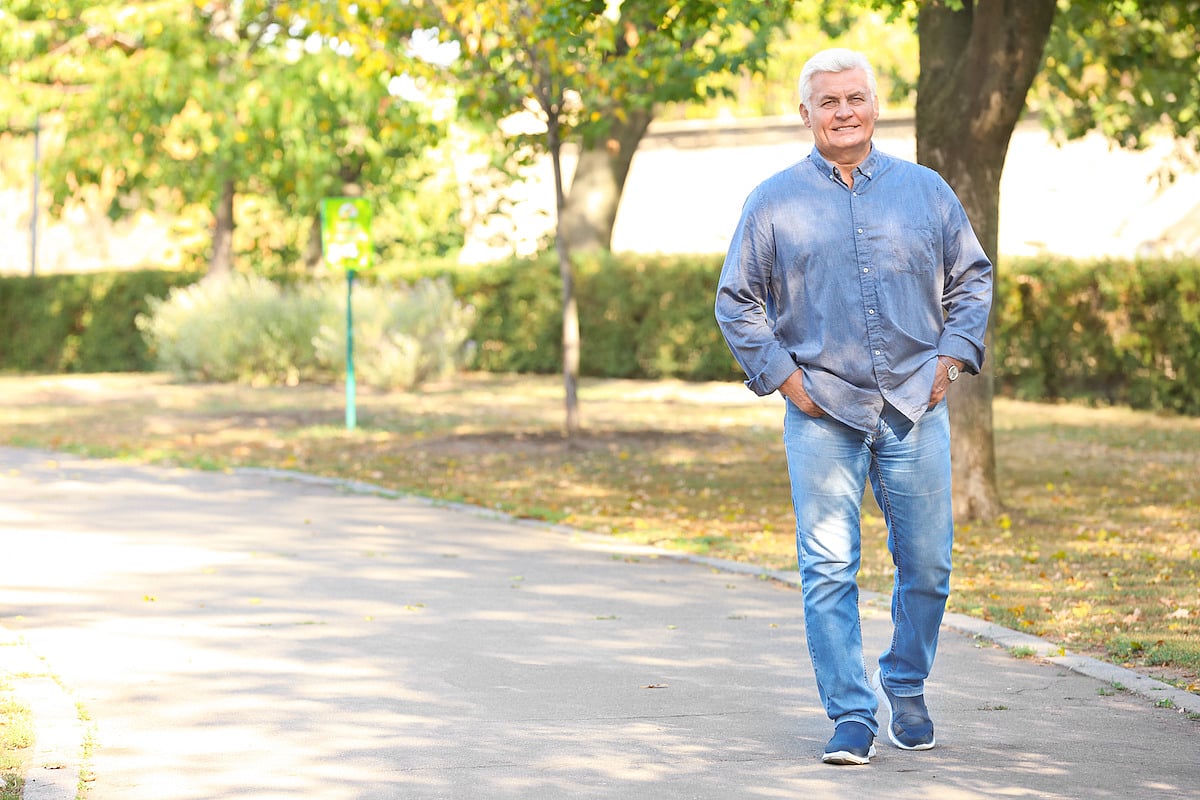Get Healthy!

- Posted August 28, 2024
Adding Greenery to Neighborhoods Brings Big Health Boost
The trees and shrubs in your neighborhood could be giving you a big health boost, a new study finds.
People have lower levels of inflammation in neighborhoods where the number of trees and shrubs is more than doubled compared to other nearby locales, University of Louisville researchers reported this week at the International Society for Environmental Epidemiology annual meeting in Santiago, Chile.
“Trees are beautiful, but these results show that the trees around us are also beneficial to individual and community health,” said University of Louisville President Kim Schatzel.
For the study, researchers added more than 8,000 large trees and shrubs to some neighborhoods in Louisville, Ken., but not others.
The plantings occurred from 2019 through 2022 within a four-square-mile section of south Louisville, in low- to middle-income neighborhoods.
The team then compared 745 residents’ health data, to see how more greenery might have improved their overall well-being.
Results show that residents in the greener neighborhoods had 13% to 20% lower levels of a biomarker associated with inflammation called high-sensitivity C-reactive protein (hsCRP).
Higher levels of this marker are strongly associated with heart risks, and can be an even stronger indicator of an impending heart attack than cholesterol levels, researchers noted. It also indicated a higher risk of diabetes and some cancers.
The reduction in hsCRP found in greener neighborhoods corresponds to a 10% to 15 lower risk of heart attack, cancer or death from any disease, researchers added.
“Trees contribute more to our lives than beauty and shade. They can improve the health of the people living around them,” said senior researcher Aruni Bhatnagar, a professor of medicine with the University of Louisville.
“Although several previous studies have found an association between living in areas of high surrounding greenness and health, this is the first study to show that a deliberate increase in greenness in the neighborhood can improve health,” Bhatnagar added in a university news release. “This finding will bolster the push to increase urban greenspaces.”
Because these findings were presented at a medical meeting, they should be considered preliminary until published in a peer-reviewed journal.
More information
The Harvard T.H. Chan School of Public Health has more on green spaces and health.
SOURCE: University of Louisville, news release, Aug. 27, 2024
